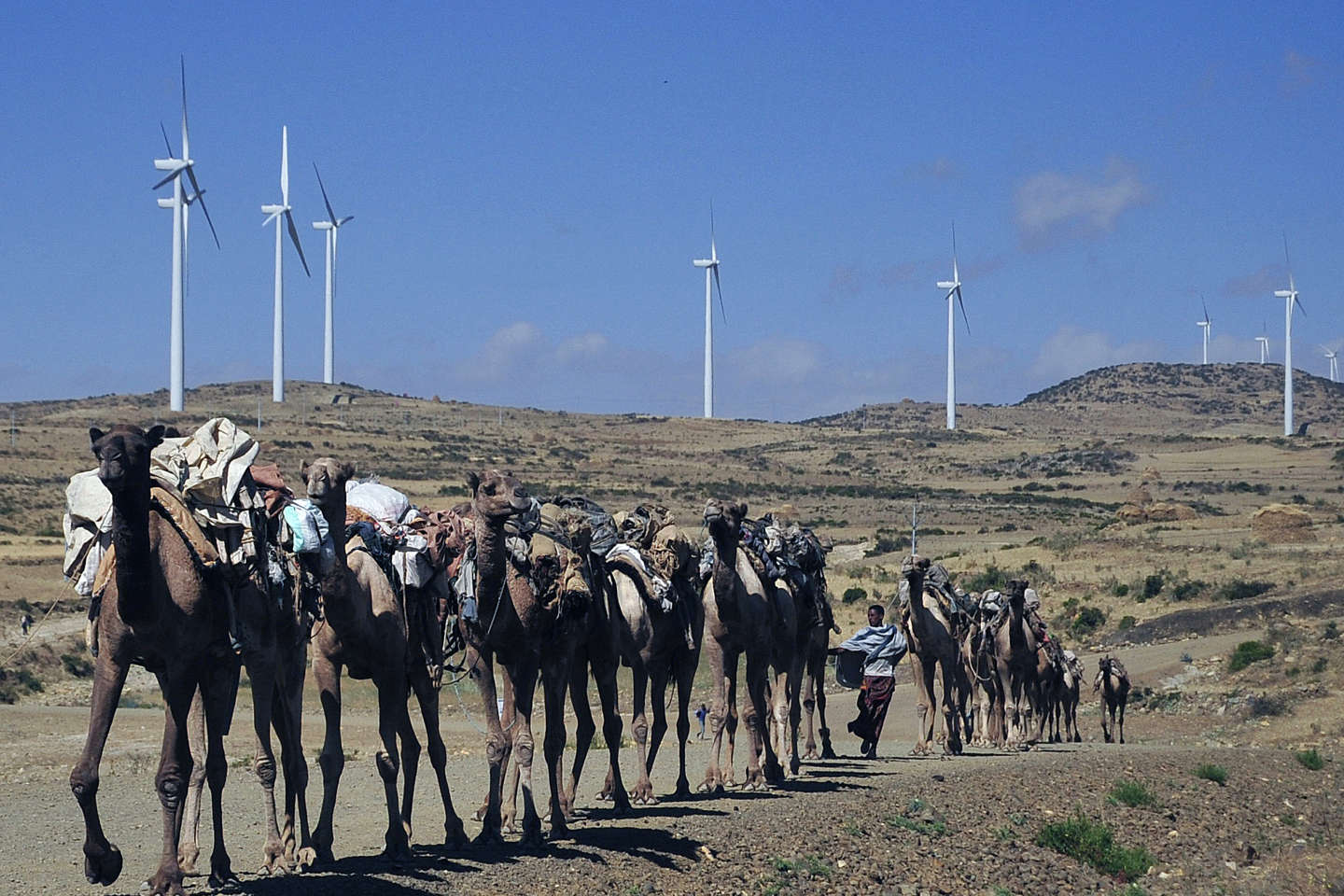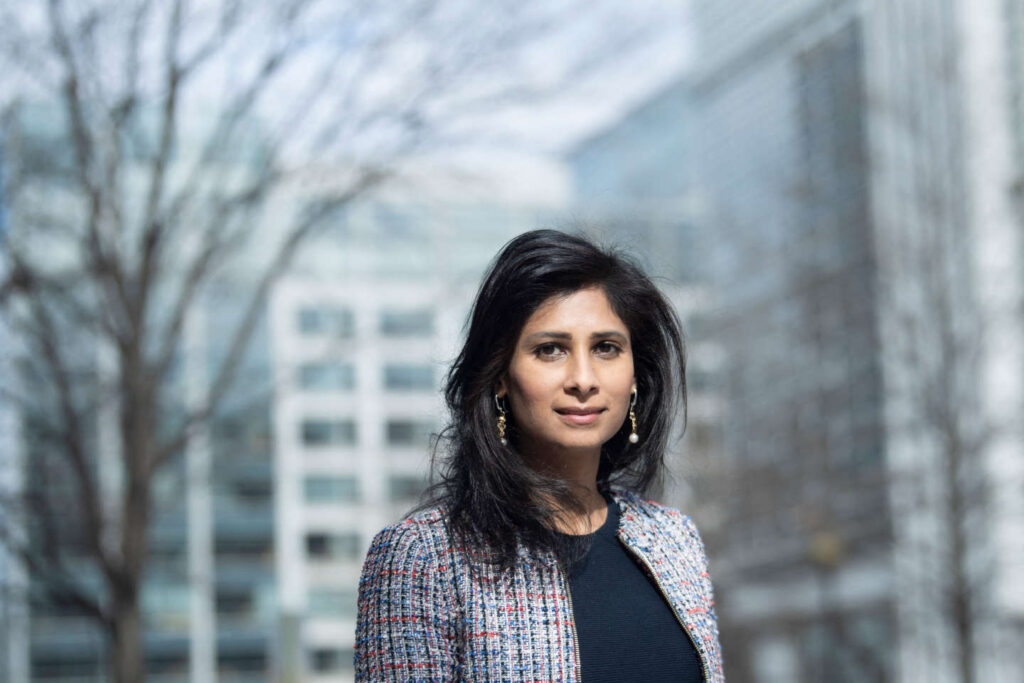Ihe greatest human, scientific and technological advances since the Second World War were based on the modernization of our financial system at the Bretton Woods conference in 1944. Today, however, this same system is struggling to respond satisfactorily to the greatest economic, humanitarian and public health challenge we face: climate change.
This failure appears mainly in two areas.
First, private investment in clean energy is not growing fast enough.
Second, countries that have contributed the least to climate change face the greatest risks.
To overcome these problems, companies, governments and international institutions must work together. The ambitious Summit for a new global financial pact invited by the President of the Republic, Emmanuel Macron, on June 22 and 23 can help us take important steps.
The strong commitment of the richest countries to keep the funding promise made more than a decade ago (in 2009) could be one of the main results of this summit. This would unlock at least $100 billion (about 91 billion euros) per year to help developing countries invest in clean energy and resilient infrastructure. Even if it is only a small fraction of the funding needed, it would allow private investments in these energies to take off and improve the confidence between the North and the South, which is crucial for action.
$2.4 trillion by 2030
More innovative support from international financial institutions is also essential. To meet the goals of the Paris Agreement, emerging and developing countries need additional annual investments estimated at $2.4 trillion in clean energy and resilient infrastructure by 2030. More ambitious goals climate finance and lower risk aversion would enable multinational development banks to unlock hundreds of billions of dollars, and also catalyze more private investment.
The participation at the summit of the new head of the World Bank, Ajay Banga, who wants to put climate change at the heart of the bank’s mission, is encouraging. The same goes for the Prime Minister of Barbados, Mia Mottley, who has proposed reforms in order to obtain the support of international financial institutions for developing countries.
You have 50.36% of this article left to read. The following is for subscribers only.



